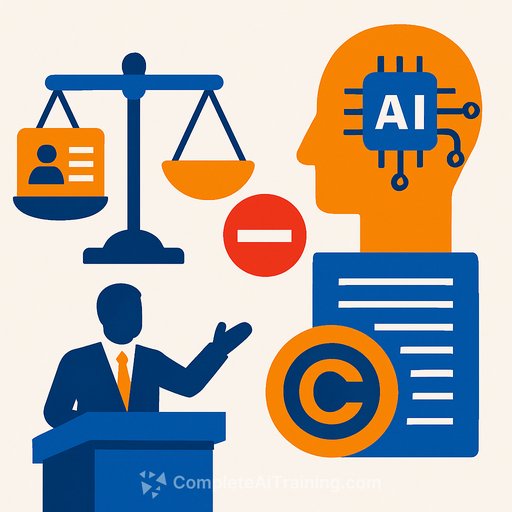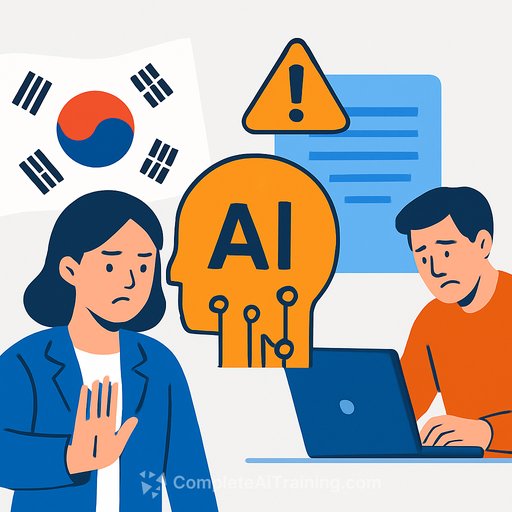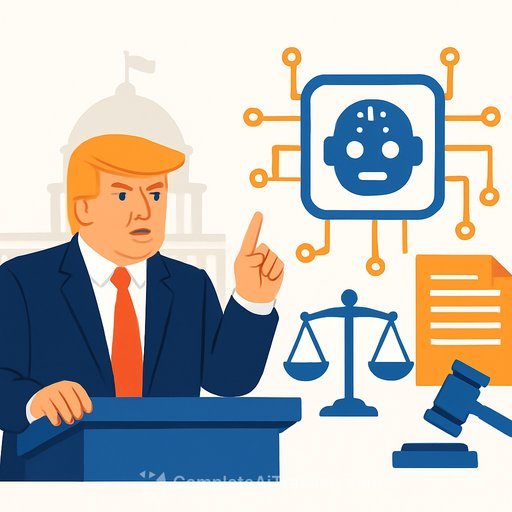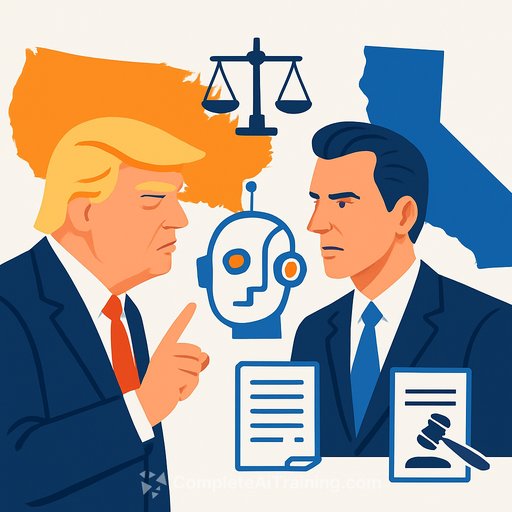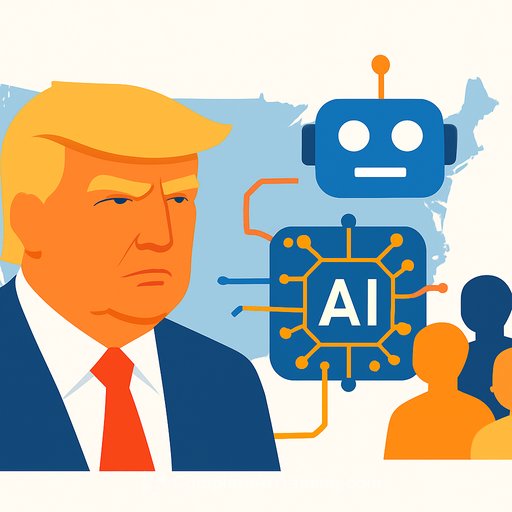Senate Bill Proposes Ban on Using Personal Data and Copyrighted Works in AI Training
A new Senate bill targets the use of personal data and copyrighted works in training large language models (LLMs). It would impose civil liability on anyone using such data without explicit prior consent, including severe penalties like treble damages, punitive damages, and attorney’s fees.
LLMs rely on extensive datasets to learn and generate responses. During training, these models analyze vast amounts of text to identify patterns and build their knowledge base. However, questions about the legality of using copyrighted material in this process have surfaced, prompting legislative action.
Key Provisions of the AI Accountability and Personal Data Protection Act
- The bill was introduced by Senators Richard Blumenthal and Josh Hawley on July 21, 2025.
- It creates a federal tort addressing unauthorized use, collection, processing, sale, or exploitation of individuals’ data.
- “Covered data” includes any material generated by an individual that qualifies for copyright protection, regardless of registration status.
- Using such data for training AI systems or generating AI outputs without express prior consent would trigger civil liability.
- Private rights of action are established, allowing individuals to sue for actual damages, treble profits from misuse, or a minimum of $1,000.
- Additional remedies include punitive damages, injunctive relief, and coverage of attorney’s fees.
- The bill invalidates arbitration clauses or waivers that block collective legal actions for misappropriation claims.
Implications for Legal Professionals and AI Developers
This legislation could significantly restrict the datasets available for training LLMs. It expressly prohibits using personal identifying information and extends liability to any potentially copyrighted content. The bill does not specify if it applies retroactively, leaving uncertainty about whether existing AI models trained on restricted data must be retrained.
Legal teams advising AI developers, data providers, and companies deploying AI must closely monitor this legislation. Compliance will likely require more rigorous data sourcing and consent management practices.
For those interested in AI law and compliance, staying informed about such regulatory developments is essential. Resources on AI training and legal frameworks can be found at Complete AI Training.
Looking Ahead
The bill’s broad scope suggests intense debate as it moves through Congress. Its impact on AI innovation and data privacy could be profound. Legal professionals should prepare for potential shifts in intellectual property and data protection law related to AI.
Following updates on this legislation will be critical for anyone involved in AI development, intellectual property law, or data privacy compliance.
Your membership also unlocks:

